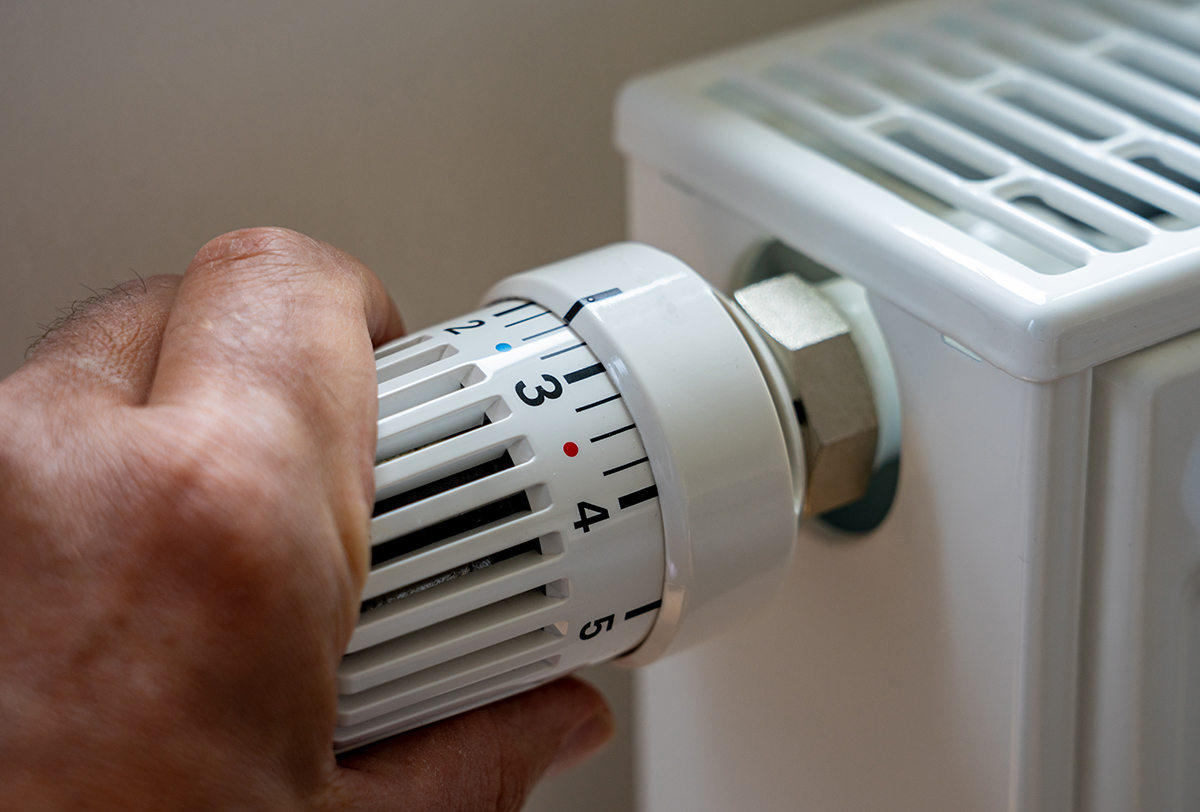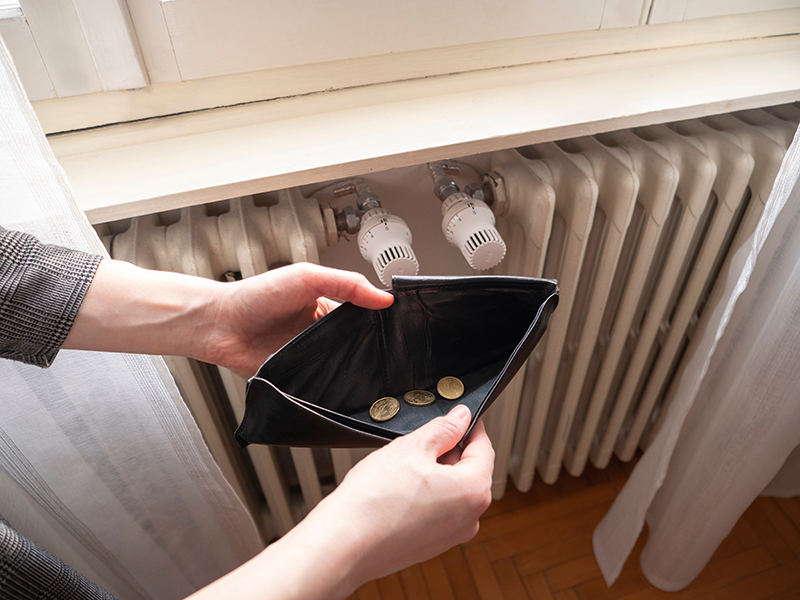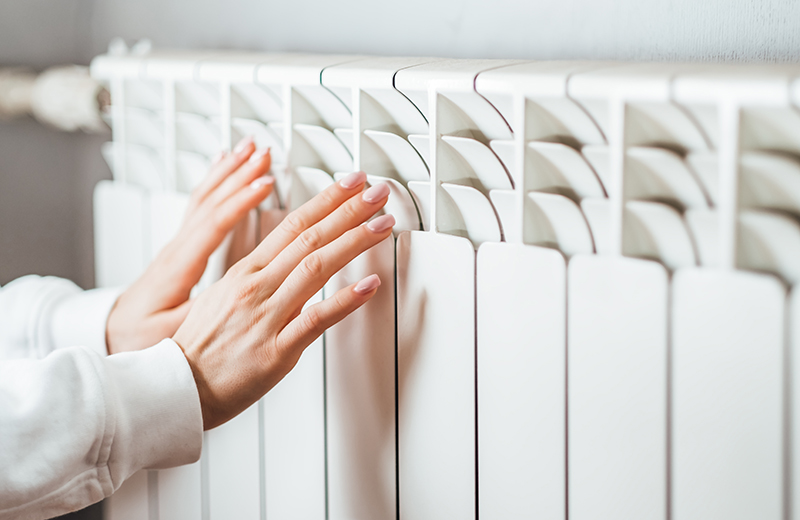How Cold Should it be to Put Heating On?

Published: Thursday, 09 February 2023
How cold should it be to put heating on?
As we continue to head into the colder months, many of us will start to feel the cold chill inside our homes. The usual solution to this would be to turn the heating on full blast, but with energy bills on the rise, homeowners are becoming increasingly hesitant to turn their central heating on.
But exactly how cold should it be to put heating on? We’ll answer this question in this helpful guide and provide you with some expert advice on how you can keep your bills as low as possible whilst also maintaining a sufficient level of comfort in your home.
Why are people delaying putting the heating on?
The main reason why many homeowners are delaying turning their heating on is because of the rising cost of living and increasing energy prices. People across the UK are worried about being able to pay their energy bills, despite government efforts to seize price spikes with schemes such as the Energy Price Guarantee.
Currently, households throughout England, Scotland and Wales can expect to pay an average of £2,500 per year on energy costs until 2024.
When is it cold enough to put the heating on?
If you’re wondering what temperature outside to put the heating on in the UK, it is typically recommended for you to put your heating on once the temperatures outside begin to fall below 15°C. It is then recommended that you set your thermostats to the lowest comfortable temperature in order to maintain both comfort and energy efficiency. The ideal temperature is usually around 18°C.
In 2022, experts have predicted that the best time to turn your heating on is on the 30th October, which is when the clocks are set to go back. The clocks going back is a form of preparation for wintertime, so this would be an ideal time to switch your heating on.

How to save money on your heating bills
If, like many, you’re worried about your energy bills becoming too expensive this winter, YESSS Electrical are here to advise you on how you can keep your fuel costs as low as possible.
Here are some top tips for reducing your energy bills:
- Draught-proofing – Filling the gaps in your windows, doors and flooring can help to keep cold air out and prevent warm air from escaping.
- Insulation – An effective investment for your property, insulation can help to increase your property’s heat retention.
- Electric heating – Electric radiators and storage heaters are highly efficient forms of heating. 100% of their energy is converted into heat and they do not emit carbon dioxide. They are also typically low-maintenance in comparison to gas heating.
- Smart controls – Smart devices such as smart thermostats and smart meters can help you monitor and control your heating and energy consumption, allowing you to reduce your bills.
- Energy efficient appliances – Energy-efficient electric appliances such as LEDs and products with high energy ratings can help to lower your energy usage and reduce your monthly bills.
For more help and advice on reducing your energy bills, check out our Energy Saving Tips blog.

Heating Your Home with YESSS Electrical
At YESSS Electrical, we supply a diverse range of heating solutions to help you efficiently and effectively heat your property. Our collection includes everything from electric radiators and storage heaters to convector heaters, oil-filled radiators and panel heaters; plus our exclusive range of Osily heating products. You can rest assured that we can provide you with the best option for your space.
Browse our products today.

